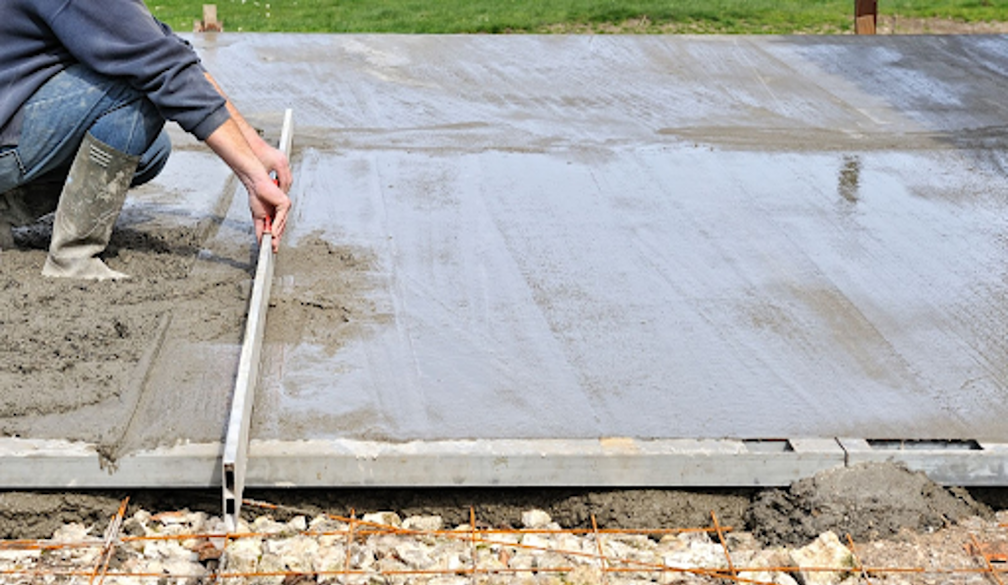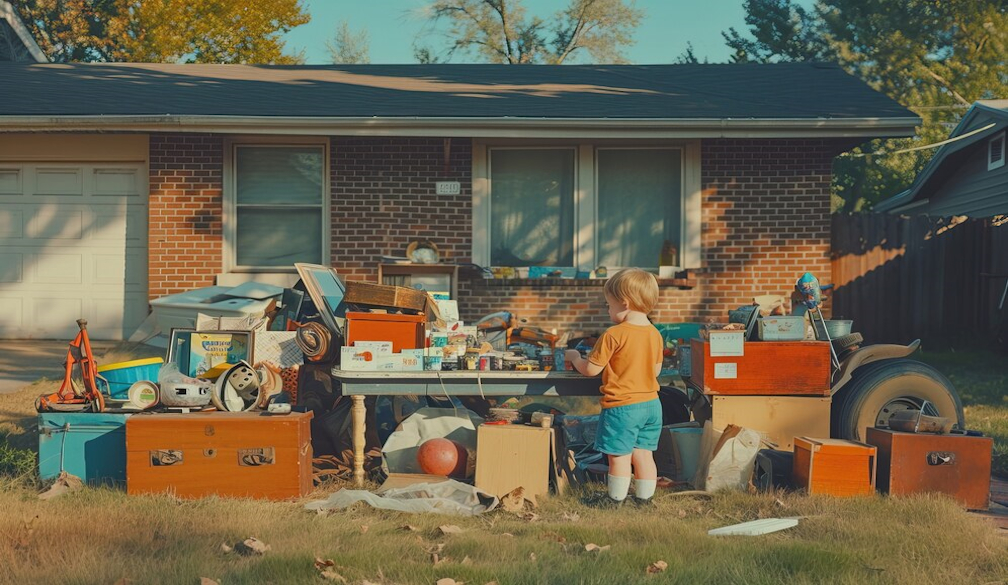Things To Look For During A Property Inspection

Many purchasers were skipping home inspections in the current hot real estate market to win the bidding battles sparked by the shortage of available properties. However, a property inspection is still one of the most crucial steps in purchasing and selling real estate. Realistically, buildings decay over time. Professional property inspections go deeply into a building's components and frequently produce surprising findings. Here we will discuss the points to look at during property inspection.
Structure
The house structure is the most crucial aspect to examine during a home inspection. Almost all residences feature sturdy structural elements in the majority of cases. However, if a home has a structural flaw, the general rule is that you shouldn't buy it (unless you're an investor looking to rebuild the house and thus purchase the home at a steep discount).
Safety
The second most crucial thing to look for during a property inspection is safety hazards like broken windows, HVAC systems, electrical wiring, and plumbing. A buyer may return to the seller (via a repair request) and request one of the following if safety concerns get found during a home inspection:
1) The safety risks that need to get fixed
2) if the seller won't rectify the problem, get a suitable credit against the cost of the house.
Drainage and leaks
The next item to check is the walls and ceilings for leaks or seepages. Leaks from bathrooms on floors above could get into your house. Additionally, monsoons may destroy your new home due to structural flaws. To minimize potential jams or flooding, it's also a good idea to ensure the property has a proper drainage system - with the appropriate slope.
Damage
There may frequently be damage that gets disregarded when homes get sold again. It can include damage to the granite or flooring, broken windows or cabinet doors, cracks in the walls or ceilings, etc.
Before accepting possession, the vendor should have noted, informed you, and repaired any damage found.
Plumbing
Make sure the plumbing in your home is functional and made entirely of high-quality components.
If there are any electricity-related problems, a house inspection should also verify the connections to the electrical system. Verify the safety of everything, even the individual plug points, and small electrical appliances. There is a chance that problems could arise if you buy or sell a house without having it inspected first.
Pests:
Pests can destroy a house, and you should keep an eye out for them during the inspection.
How does a property inspection proceed?
First, the home inspector looks at the foundation and surroundings to check for cracks and whether the doors close properly. The vital appliances, heating system, and air conditioning system will all get functionally evaluated by the inspector.
Finding issues with the house's structure is the goal of a home inspection. After thoroughly checking each of the mentioned items - the home inspector orally alerts the buyers or sellers to any vital or minor issues that require attention. The inspector only provides a verbal report at this point; he notes his findings and then gets to work on a formal inspection report. After the inspection is complete, the inspection report gets delivered within seven days.








